#Northanger Abbey by Jane Austen
Explore tagged Tumblr posts
Text
Typesetuary Day #31 [THE END]


It is January 31st.
31 typesets in 31 days.
And now comes the end of Typesetuary...
But. Also. The start of Binderary! If you're participating in Renegade Bindery's Binderary event and want to use one of my typesets, please feel free to do so and tag me! Completing my run of daily typesets, I now have 86 different books available for FREE! (Personal use only) This has been fun to do. I really enjoy typesetting, and getting to 'gamify' it for myself with daily/monthly goal scratched that achievement loving side of my brain.
Anyway, for the very last Typesetuary typeset, I thought I'd go back to the author of the very first pd typeset I ever shared here! Presenting: Northanger Abbey by Jane Austen (sized for half letter/letter folio).
You can find it for free in the usual place with all the rest. If you spot any of those dastardly typos, let me know and I'll be happy to get them fixed! Thank you to everyone who left a like/reblog, or followed this blog. I very much appreciated it <3
#Northanger Abbey by Jane Austen#northanger abbey#jane austen#typesets#typesetting#book design#bookbinding#book#free to use#typesetuary#personal milestones
22 notes
·
View notes
Text
Book recommendations: Week 22
Book 22
Northanger Abbey by Jane Austen
I love Jane Austen and I love a little mystery. So it’s not surprise that this book is high on my list of favourites. Northanger abbey is described as a Gothic parody and I get it. The stories heroine is slightly younger than in other books and her flaws and strengths are a reflection of it.

Catherine Morland is an innocent seventeen year old girl living out in the country. Here she reads many a mystery book. Gothic mystery to be precise. And it heavily influences how she views the world.
During a stay in Bath, a whole new world opens up for her. She makes new friends, falls in love and gets some much needed life lessons.
When she is invited to the Tilney’s family estate, Northanger Abbey, she is struck by the mystery that the place holds for her. She lets the shadowy atmosphere fill her head with terrible suspicions.
Catherine is sucked up in all the ideas she has in head until she is forced to confront her views and how she confuses life with art.
I truly enjoyed this take on the gothic mystery. The naive, ignorant and innocent Catherine is infuriating at times, and yet also relatable. I genuinely enjoyed this book and have read it many times over.
0 notes
Text
These new Penguin First Impressions collection covers were shared on Reddit:





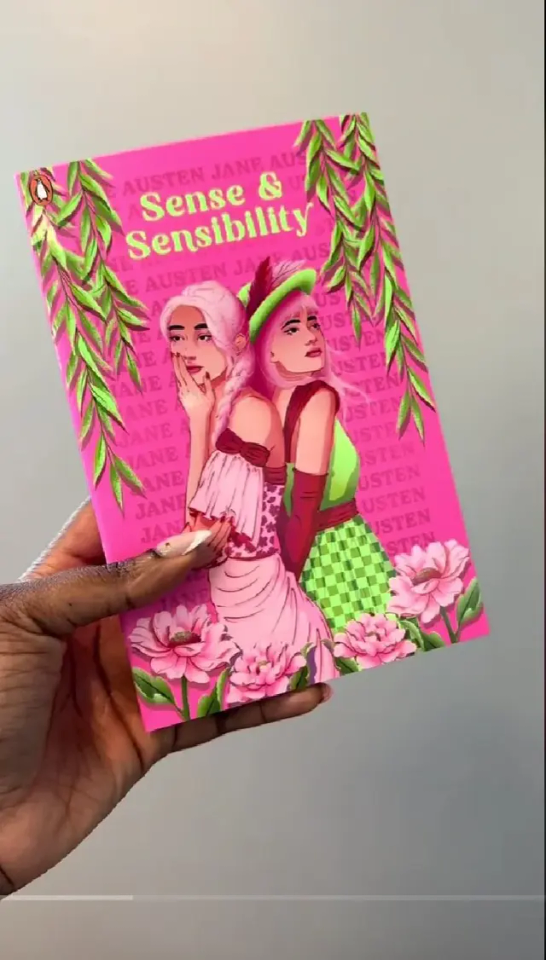
They are just... inexplicable. Especially the Mansfield Park one, but like, all of them.
Edit: also, to the racial diversity, isn't it just false advertising here? If you pick up that copy of P&P expecting a black couple that is not what you will receive.
#jane austen#I hate to tag this jane austen#come on Penguin#pride and prejudice#mansfield park#northanger abbey#sense and sensibility#persuasion#emma#horrible cover art#cover art#and these are official!#Not even bad Amazon remakes
1K notes
·
View notes
Text
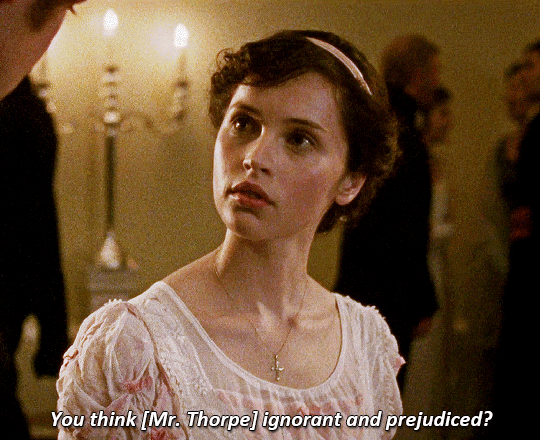


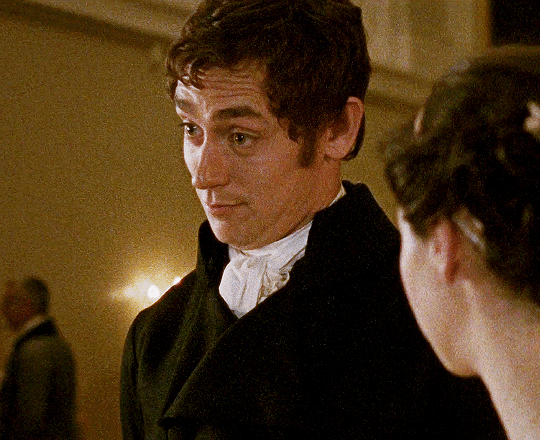
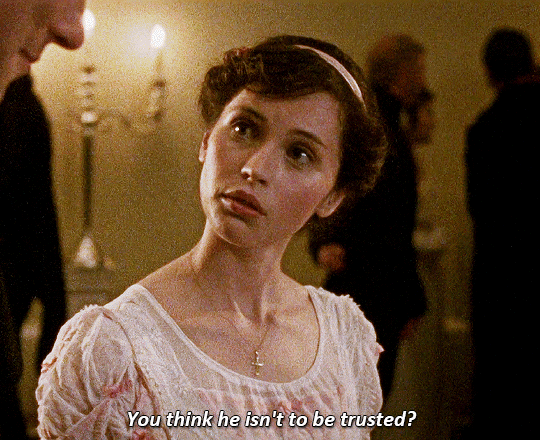


NORTHANGER ABBEY (2007) dir. Jon Jones
#northanger abbey#cathrine morland#henry tilney#perioddramaedit#perioddramasource#filmedit#moviegifs#cinematv#filmtv#userbbelcher#chewieblog#userstream#jane austen#austenedit#northangerabbeyedit#jj feild#felicity jones#NA#gifs#reason 2548751 tilney is my fave austen man
1K notes
·
View notes
Text
Will only say something if she is utterly convinced of its truth: Catherine Morland, Marianne Dashwood
Generally only says things she believes; will dissemble to be polite if necessary: Fanny Price, Anne Elliot, Elinor Dashwood
Will say something she doesn't believe for fun, will refuse to submit arguments in defense of it: Mary Crawford
Will say something she doesn't believe for fun, will submit a few playful arguments in defense of it: Elizabeth Bennet
Will say something she doesn't believe for fun, and will argue in defense of it with passion and energy and never ever admit that she didn't believe it to begin with. Actually she may have convinced herself by now: Emma Woodhouse
#Jane Austen#Pride and Prejudice#Mansfield Park#Emma Woodhouse#Northanger Abbey#Sense and Sensibility
477 notes
·
View notes
Text
Jane Austen heroines exist on a sliding scale of "You are always right, and no one ever listens to you" (Fanny Price) to "You are never right, and everyone always listens to you" (Emma Woodhouse.)
#Jane Austen#Mansfield Park#Emma#Pride and Prejudice#Northanger Abbey#Sense and Sensibility#Persuasion#Lady Susan
3K notes
·
View notes
Text

Jane Austen, Northanger Abbey
678 notes
·
View notes
Text
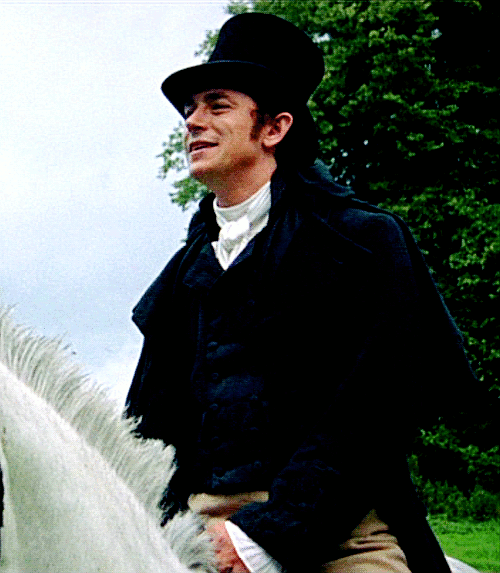
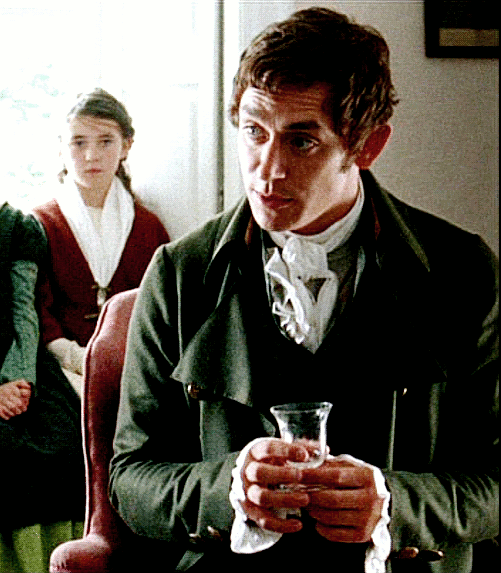
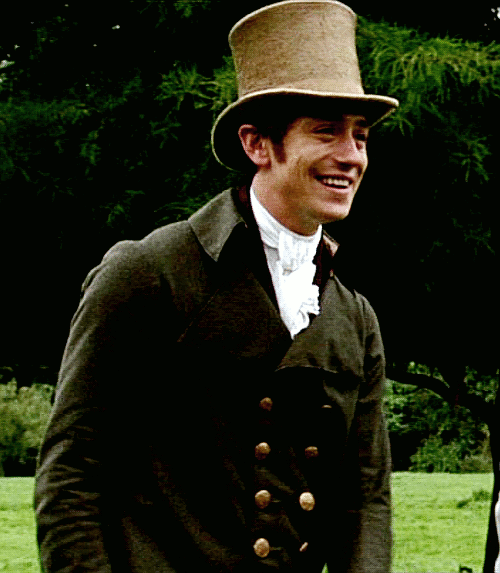
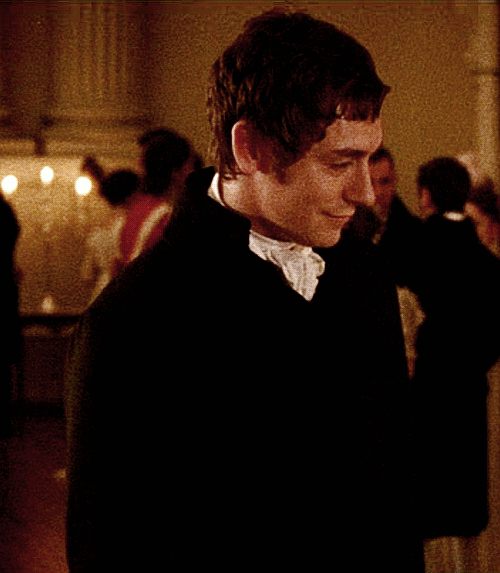
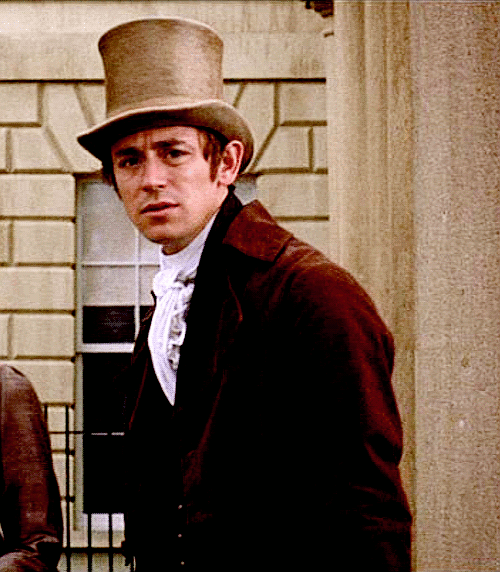

Henry Tilney + Costumes, (requested by anonymous).
#northanger abbey#henry tilney#jj feild#austenedit#jane austen#perioddramaedit#tusereliza#weloveperioddrama#userhayf#cinemapix#userstream#userthing#usersource#costumegifs#perioddramasource#usersugar#userrizz#cinematv#userakrivi#*my gifs#requested
1K notes
·
View notes
Text

#pride and prejudice#cinnamon girl#melancholia#female rage#lana del rey#coquette#lana del rey lyrics#coquette aesthetic#coquette community#girl blogger#girl boss#jane austen#emma movie#emma jane austen#sense and sensibility#mansfield park#northanger abbey#persuasion#girl blogging#girl interrupted#sofia coppola#female blogger#female hysteria#just girly things
2K notes
·
View notes
Text
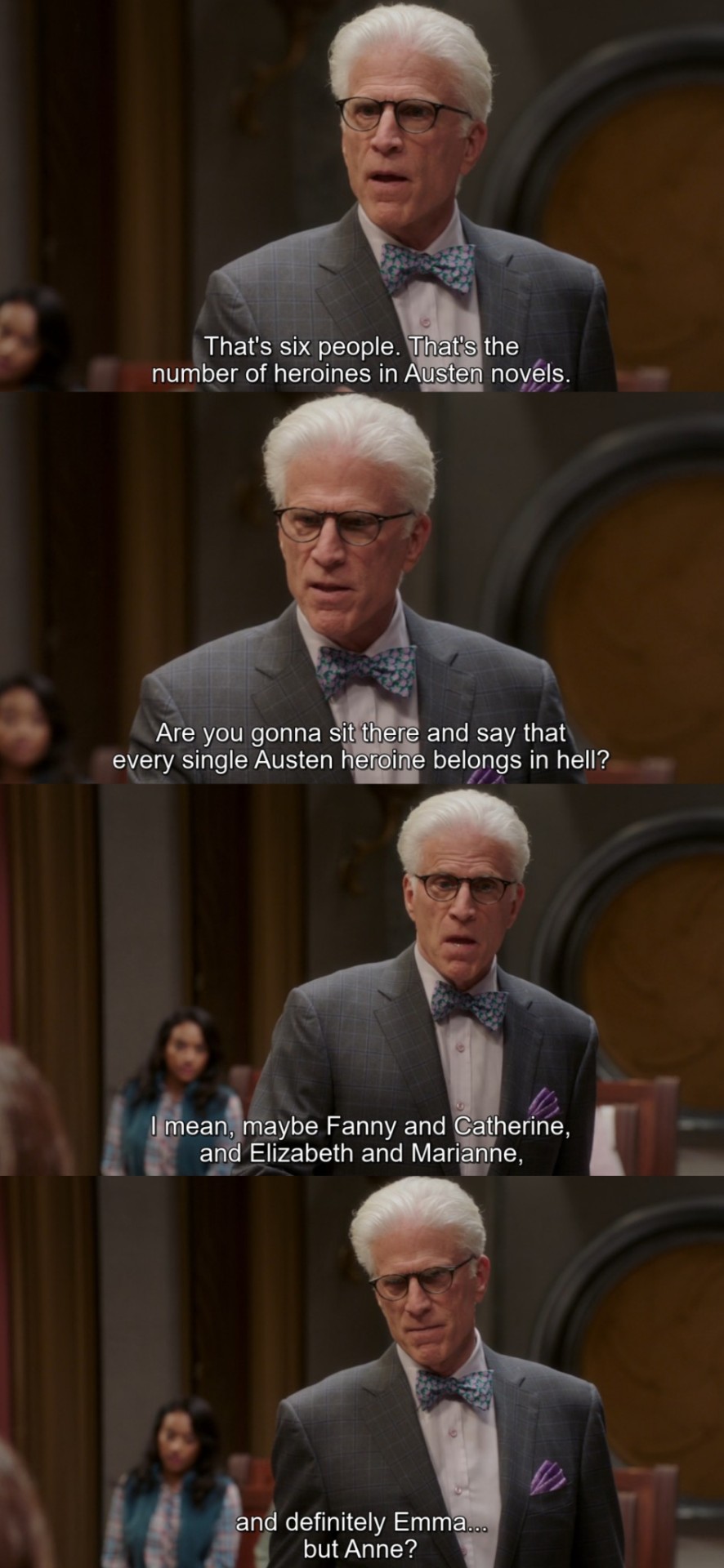
#jane austen#the good place#pride and prejudice#emma#persuasion#sense and sensibility#northanger abbey#mansfield park#anne elliot#elizabeth bennet#marianne dashwood#fanny price#catherine morland#emma woodhouse#tgp#my posts#i feel like i need to explain this 😂#this just came to me when i realized the numbers matched up#and no shade to any of the girls!! i love them all!!#but anne is definitely the best person among them in the tgp sense#(don't) notice i switched elinor for marianne bc otherwise i couldn't choose between elinor and anne 😗#also check the notes for the fanny explanation
2K notes
·
View notes
Text
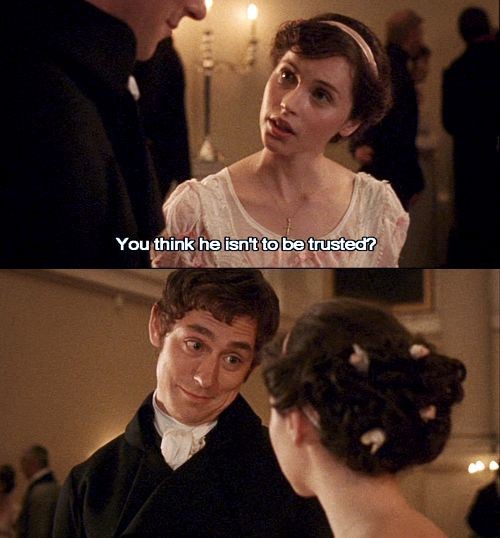
This. Is one of the pics in my phone that I will never delete when I'm cleaning up my phone storage. It's just one of those very important images I will always have
698 notes
·
View notes
Text
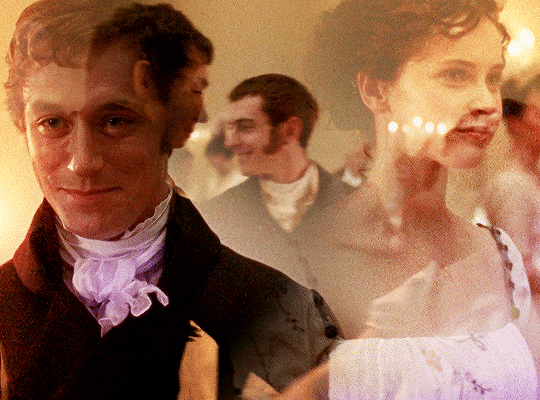
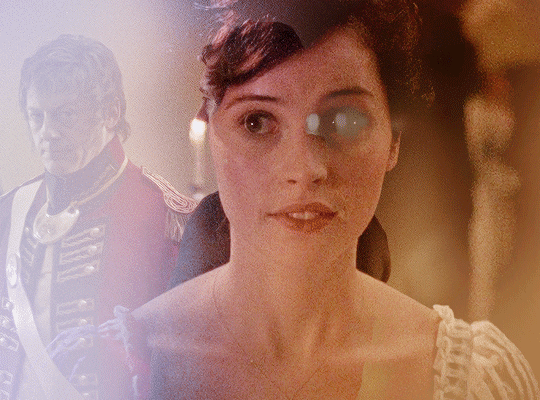



Catherine Morland and Henry Tilney + purple&yellow
(requested by anonymous)
#perioddramaedit#austenedit#northangerabbeyedit#northanger abbey#henry tilney#catherine morland#jane austen#**#*gif#*northanger abbey#i tried!!!#i wish they would rerelease this movie in better quality ;___;#but i hope you'll still it!! <3
908 notes
·
View notes
Text







Northanger Abbey (2007) dir. Jon Jones
for @janeuary-month - day 30 prompt: garden
#janeuary#northanger abbey#jane austen#filmedit#perioddramaedit#austenedit#regencyedit#regencysource#bookstofilms#dailyflicks#perioddramasource#onlyperioddramas#userbennet#tusereliza#northangerabbeyedit#moviegifs#jon jones#literature#ours#by hana
215 notes
·
View notes
Text
One criticism of Jane Austen is that she ignored the lower classes. I find this kind of dumb on multiple levels, primarily because not every work of fiction or social criticism needs to include every single social ill, but also because she does talk about servants/the lower classes quite a bit more than people realize and what she says is important.
The overall theme: kindness to servants/the lower classes/the poor is a very important mark of character.
We all know that Elizabeth Bennet changed her mind about Mr. Darcy after hearing a positive character reference from his housekeeper, but that is just one example of many. The Dashwood girls are better employers than John & Fanny since they easily find servants to move across the country with them: Her wisdom too limited the number of their servants to three; two maids and a man, with whom they were speedily provided from amongst those who had formed their establishment at Norland. Also, servants tended to brag about having wealthy employers, these three servants wanted both a far away and a less prestigious job. John & Fanny were really that bad!
Another mark against General Tilney's character is that he gets irrationally angry at/scares servants:
To such anxious attention was the General’s civility carried, that not aware of her extraordinary swiftness in entering the house, he was quite angry with the servant whose neglect had reduced her to open the door of the apartment herself. “What did William mean by it? He should make a point of inquiring into the matter.” And if Catherine had not most warmly asserted his innocence, it seemed likely that William would lose the favour of his master forever, if not his place, by her rapidity.
“Why! How can you ask the question? Because no time is to be lost in frightening my old housekeeper out of her wits, because I must go and prepare a dinner for you, to be sure.” (Henry, on his father coming to his house for a visit. This may be half a joke, but General Tilney is very critical of the meal)
Mrs. Ferrars's character is made quite plain in this complaint about paying annuities (basically a pension here) to some of her husband's old servants:
I have known a great deal of the trouble of annuities; for my mother was clogged with the payment of three to old superannuated servants by my father’s will, and it is amazing how disagreeable she found it. Twice every year these annuities were to be paid; and then there was the trouble of getting it to them; and then one of them was said to have died, and afterwards it turned out to be no such thing. My mother was quite sick of it. Her income was not her own, she said, with such perpetual claims on it; and it was the more unkind in my father, because, otherwise, the money would have been entirely at my mother’s disposal, without any restriction whatever.
Mrs. Ferrars is loaded, and she begrudges paying a few pounds to 3 servants. She is greedy and ungrateful.
Mrs. Norris's treatment of the servants is similar to her treatment of Fanny. It shows the depth of her miserliness (how much could one boy really eat?) and also cruelty:
"I had been looking about me in the poultry-yard, and was just coming out, when who should I see but Dick Jackson making up to the servants’ hall-door with two bits of deal board in his hand, bringing them to father, you may be sure; mother had chanced to send him of a message to father, and then father had bid him bring up them two bits of board, for he could not no how do without them. I knew what all this meant, for the servants’ dinner-bell was ringing at the very moment over our heads; and as I hate such encroaching people (the Jacksons are very encroaching, I have always said so: just the sort of people to get all they can), I said to the boy directly (a great lubberly fellow of ten years old, you know, who ought to be ashamed of himself), ‘I’ll take the boards to your father, Dick, so get you home again as fast as you can.’ The boy looked very silly, and turned away without offering a word, for I believe I might speak pretty sharp; and I dare say it will cure him of coming marauding about the house for one while. I hate such greediness—so good as your father is to the family, employing the man all the year round!”
It also highlights her hypocrisy, as Mrs. Norris has moved in during the play to help with the preparations, so she is getting free meals all week but she won't let this kid eat when he's helping his father (who is building the stage for the play)
Mr. Knightley considers the common people of Highbury before moving a path, even though he likely owns all of the land and can do whatever he wants:
"But John, as to what I was telling you of my idea of moving the path to Langham, of turning it more to the right that it may not cut through the home meadows, I cannot conceive any difficulty. I should not attempt it, if it were to be the means of inconvenience to the Highbury people, but if you call to mind exactly the present line of the path"
The kind Musgroves, who have given their nursemaid a retirement plan instead of turning her out:
A chaise was sent for from Crewkherne, and Charles conveyed back a far more useful person in the old nursery-maid of the family, one who having brought up all the children, and seen the very last, the lingering and long-petted Master Harry, sent to school after his brothers, was now living in her deserted nursery to mend stockings and dress all the blains and bruises she could get near her, and who, consequently, was only too happy in being allowed to go and help nurse dear Miss Louisa.
And who clearly are rewarded for this kindness.
Anne Elliot showing kindness to Mrs. Smith, who has nearly fallen right out of the gentry, vs. her fathers disdain for charity:
“Westgate Buildings!” said he, “and who is Miss Anne Elliot to be visiting in Westgate Buildings? A Mrs Smith. A widow Mrs Smith; and who was her husband? One of five thousand Mr Smiths whose names are to be met with everywhere. And what is her attraction? That she is old and sickly. Upon my word, Miss Anne Elliot, you have the most extraordinary taste! Everything that revolts other people, low company, paltry rooms, foul air, disgusting associations are inviting to you. But surely you may put off this old lady till to-morrow: she is not so near her end, I presume, but that she may hope to see another day. What is her age? Forty?”
Added to Sir Walter and Elizabeth's idea to cut expenses:
“Can we retrench? Does it occur to you that there is any one article in which we can retrench?” and Elizabeth, to do her justice, had, in the first ardour of female alarm, set seriously to think what could be done, and had finally proposed these two branches of economy, to cut off some unnecessary charities, and to refrain from new furnishing the drawing-room; to which expedients she afterwards added the happy thought of their taking no present down to Anne, as had been the usual yearly custom."
Vs. how the Crofts treat the poor:
She could have said more on the subject; for she had in fact so high an opinion of the Crofts, and considered her father so very fortunate in his tenants, felt the parish to be so sure of a good example, and the poor of the best attention and relief, that however sorry and ashamed for the necessity of the removal, she could not but in conscience feel that they were gone who deserved not to stay, and that Kellynch Hall had passed into better hands than its owners’.
Henry Crawford's moral fall begins with ignoring the needs of his tenants:
"I have half an idea of going into Norfolk again soon. I am not satisfied about Maddison. I am sure he still means to impose on me if possible, and get a cousin of his own into a certain mill, which I design for somebody else. I must come to an understanding with him. I must make him know that I will not be tricked on the south side of Everingham, any more than on the north: that I will be master of my own property... I have a great mind to go back into Norfolk directly, and put everything at once on such a footing as cannot be afterwards swerved from. Maddison is a clever fellow; I do not wish to displace him, provided he does not try to displace me; but it would be simple to be duped by a man who has no right of creditor to dupe me, and worse than simple to let him give me a hard-hearted, griping fellow for a tenant, instead of an honest man, to whom I have given half a promise already. Would it not be worse than simple? Shall I go? Do you advise it?”
Of course, Henry does not go to Everginham, as he knows is right, but instead goes to the party in London, where he again runs into Maria...
Yes, Austen didn't write servants/the lower classes as full characters in general, they are in the background and around the edges of the scenes, but over and over, we can sort characters into moral and immoral by their treatment of those less fortunate around them.
#servants#jane austen#mansfield park#emma#northanger abbey#pride & prejudice#sense & sensibility#persuasion#treatment of servants#and the lower classes#there are more examples these are just some#the poor and servants are there#and they tell us a lot
730 notes
·
View notes
Text
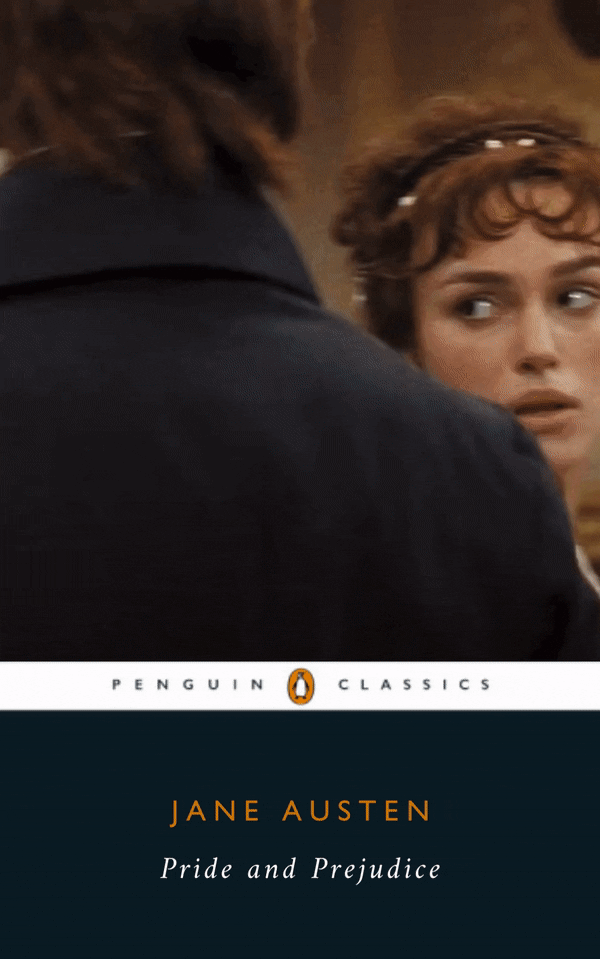
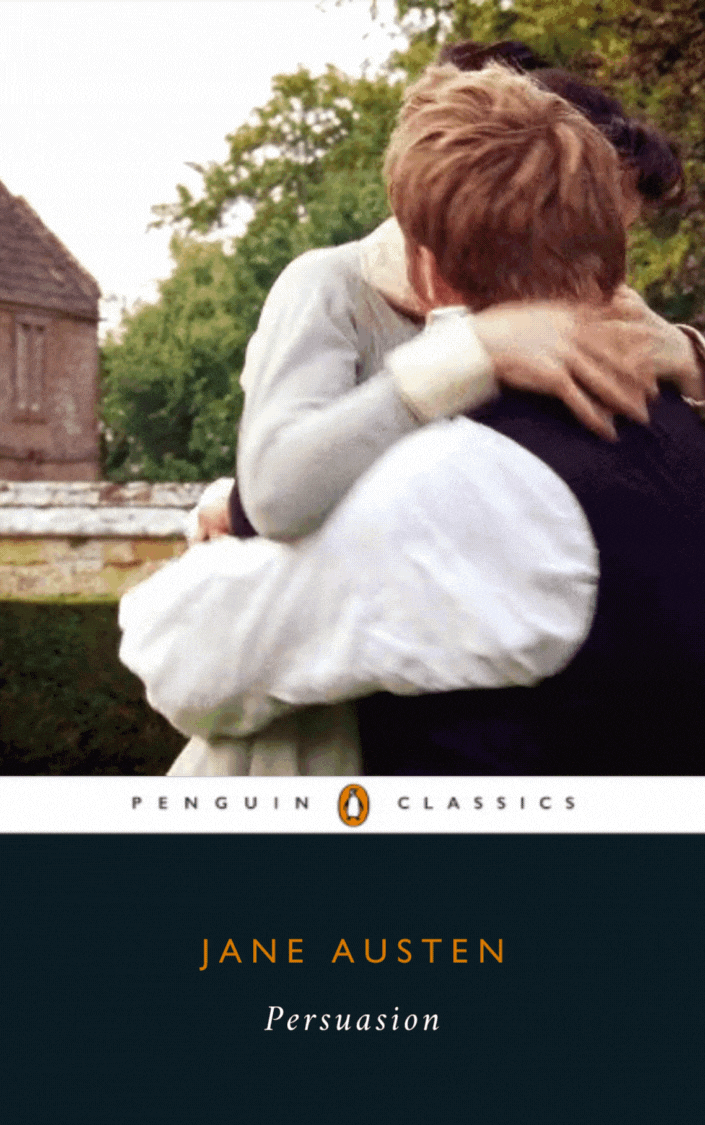




To be fond of dancing was a certain step towards falling in love
#jane austen#pride and prejudice#emma#persuasion#sense and sensibility#mansfield park#northanger abbey
2K notes
·
View notes
Text



All the "dearest" quotes between the romantic leads in Austen's novels. Created for day 20, Dearest, of @janeuary-month.
#typography#quotes#jane austen#janeuary#janeuary 2025#pride and prejudice#northanger abbey#emma#my stuff
199 notes
·
View notes